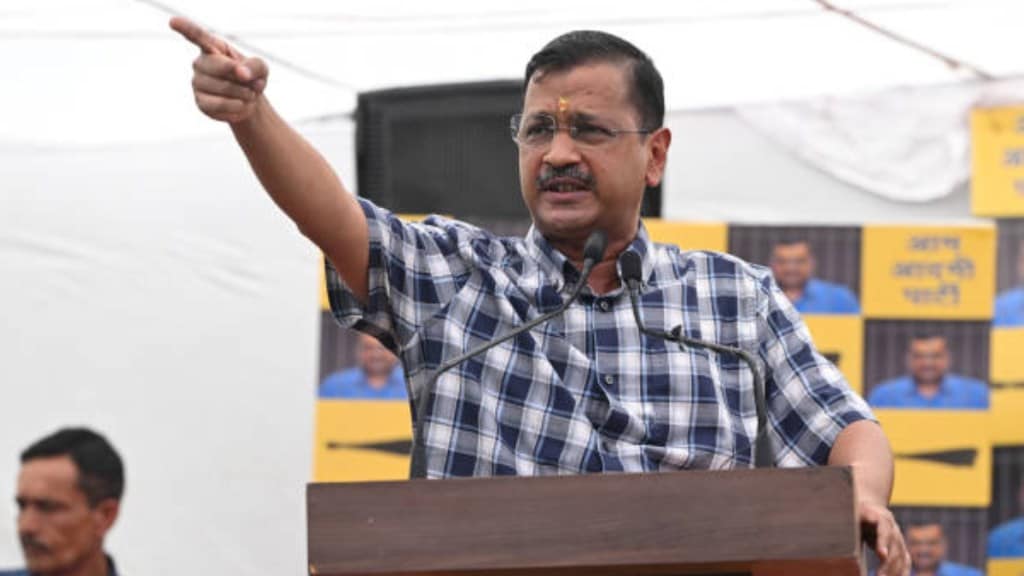A recent report by the Comptroller and Auditor General (CAG) has revealed a revenue loss of Rs 2,027 crore for the government, attributed to alleged irregularities in the implementation of Delhi’s now-abandoned liquor policy. The report highlights significant lapses, violations of policy norms and questionable decisions that favored certain entities while disregarding due process, according to India Today.
Introduced in November 2021, the liquor policy was promoted as a transformative move for Delhi’s liquor retail sector, aimed at boosting revenue and streamlining operations. However, these ambitions were overshadowed by allegations of corruption and financial mismanagement. According to the CAG, the policy fell short of its objectives, with key recommendations from an expert panel disregarded by the Group of Ministers (GoM) led by then-Deputy Chief Minister Manish Sisodia.
The report also alleges that kickbacks tied to the policy financially benefited some Aam Aadmi Party (AAP) leaders. These accusations led to investigations by the Enforcement Directorate (ED) and the Central Bureau of Investigation (CBI), resulting in the arrests of senior AAP figures, including then-Chief Minister Arvind Kejriwal, Sisodia, and Sanjay Singh. All were subsequently granted bail.
Licensing irregularities and oversight failures
One of the report’s key findings is the flawed process for issuing and renewing licences. The CAG discovered that bidders, even those with complaints or poor financial records, were permitted to participate in tenders. Entities reporting financial losses were also granted licences or had existing ones renewed, raising questions about the integrity of the system.
The report further notes a lack of scrutiny regarding bidders’ financial stability, allowing questionable entities to gain a foothold. Despite evident rule violations, penalties were reportedly not enforced, suggesting a pattern of deliberate inaction.
Procedural violations
The CAG report underscores concerns about the policy’s decision-making process. It reveals that critical decisions were made without Cabinet approval or clearance from the lieutenant governor, both of which are mandatory. Additionally, the revised rules were never presented to the Delhi Assembly for ratification, breaching standard governance protocols.
The findings bring into sharp focus the lapses and irregularities that plagued the liquor policy, casting a shadow over its intent and implementation.


